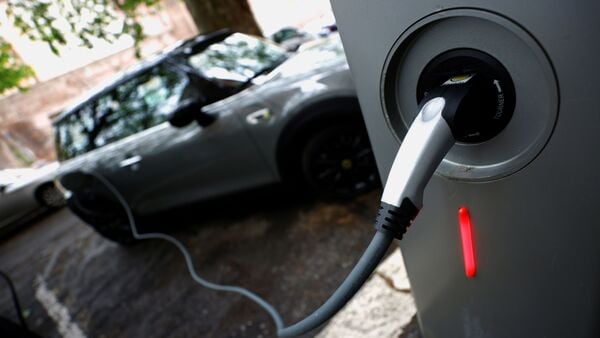The price surge means automakers will have to redouble efforts to find substitutes or alternate sources, one of which could come from Tsingshan Holding Group Co., the Chinese mining giant at the center of the short squeeze that last year introduced a way to produce battery nickel from low-grade ore.
For now, buyers are also saddled with a lot of uncertainty over prices.
When the dust settles, analysts said nickel could remain elevated this year and carmakers will see higher prices and could add hundreds of dollars in cost per car.
Surging nickel prices threaten to put a dent in the auto industry’s EV ambitions, with the key battery metal caught up in war-induced supply worries and a short squeeze that’s sent prices to unprecedented highs.
Tesla Inc.’s Elon Musk in recent years has pointed to the chances of a structural deficit for nickel among his biggest concerns.
The London Metal Exchange said it doesn’t expect the nickel market will reopen before March 11, after trading was suspended Tuesday following the price frenzy.
At Monday’s closing price of about $48,000, a 100 kilowatt-hour battery would require about $3,100 worth of nickel, which is more than double last year’s average cost.
At $29,000 per metric ton, where it closed Friday before the worst of the short squeeze, that same battery needed more than $1,900 in nickel.
New sources are coming on line in Indonesia, and Russian nickel will find its way out to China and other nations that aren’t using sanctions or boycotts, but Adams sees prices remaining elevated this year.
Last year, Tsingshan, the world’s largest nickel producer, started shipping its first cargo of so-called nickel matte.
